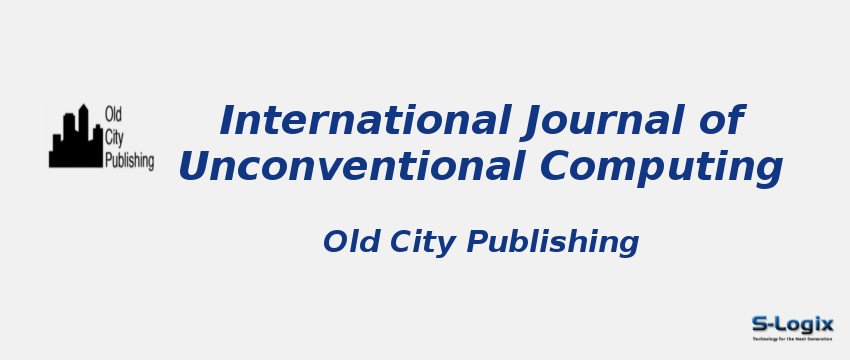Journal Home: Journal Homepage
Editor-in-Chief: Andrew Adamatzky
Print ISSN: 1548-7199
Electronic ISSN: 1548-7202
Abstracting and Indexing: Science Citation Index Expanded, Scopus.
Imapct Factor 2024: 1.17
Subject Area and Category: Computer Sciences
Publication Frequency: Quarterly
H Index: 21
Q1:
Q2:
Q3: Computer Science (miscellaneous)
Q4:
Cite Score: 2.4
SNIP: 0.368
Journal Rank(SJR): 0.220
Latest Articles: Latest Articles in International Journal of Unconventional Computing
Guidelines for Authors: International Journal of Unconventional Computing Author Guidelines
Paper Submissions: Paper Submissions in International Journal of Unconventional Computing
Publisher: Old City Publishing, Inc.
Country: USA
